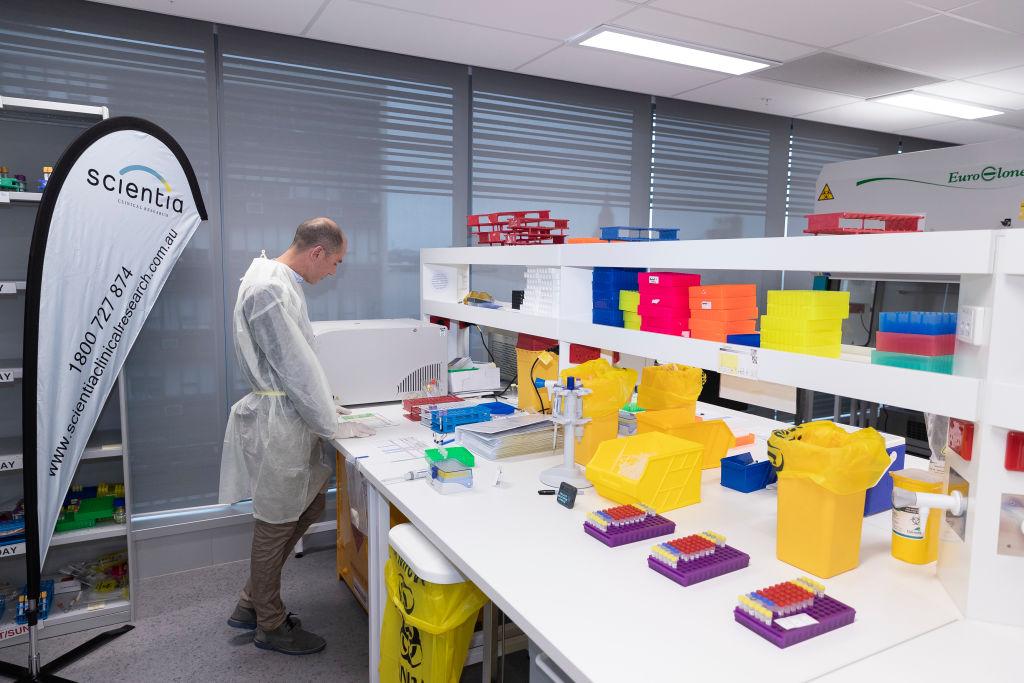Researchers from the University of Sydney have called for “more transparency” after their review revealed that nearly half of 120 pharmaceutical trials had missing or incomplete declarations of conflict of interest (COI).
“Disclosures are crucial to keeping research transparent,” said co-author Assoc. Prof. Barbara Mintzes from the University of Sydney.





